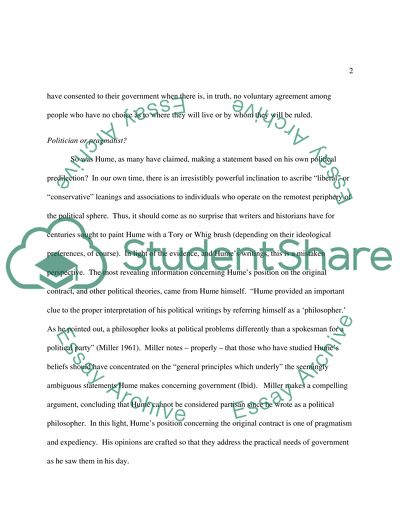Cite this document
(“Hume and the Utility of Practical Governance Essay”, n.d.)
Retrieved from https://studentshare.org/philosophy/1429629-assess-humeyies-critique-of-the-original-contract
Retrieved from https://studentshare.org/philosophy/1429629-assess-humeyies-critique-of-the-original-contract
(Hume and the Utility of Practical Governance Essay)
https://studentshare.org/philosophy/1429629-assess-humeyies-critique-of-the-original-contract.
https://studentshare.org/philosophy/1429629-assess-humeyies-critique-of-the-original-contract.
“Hume and the Utility of Practical Governance Essay”, n.d. https://studentshare.org/philosophy/1429629-assess-humeyies-critique-of-the-original-contract.


